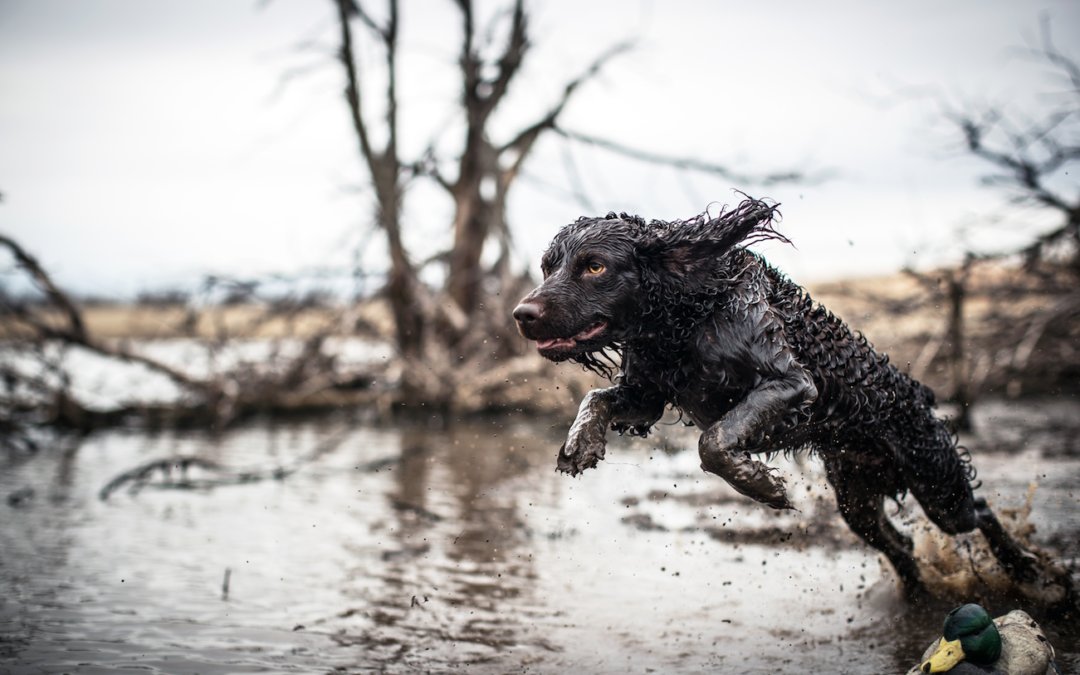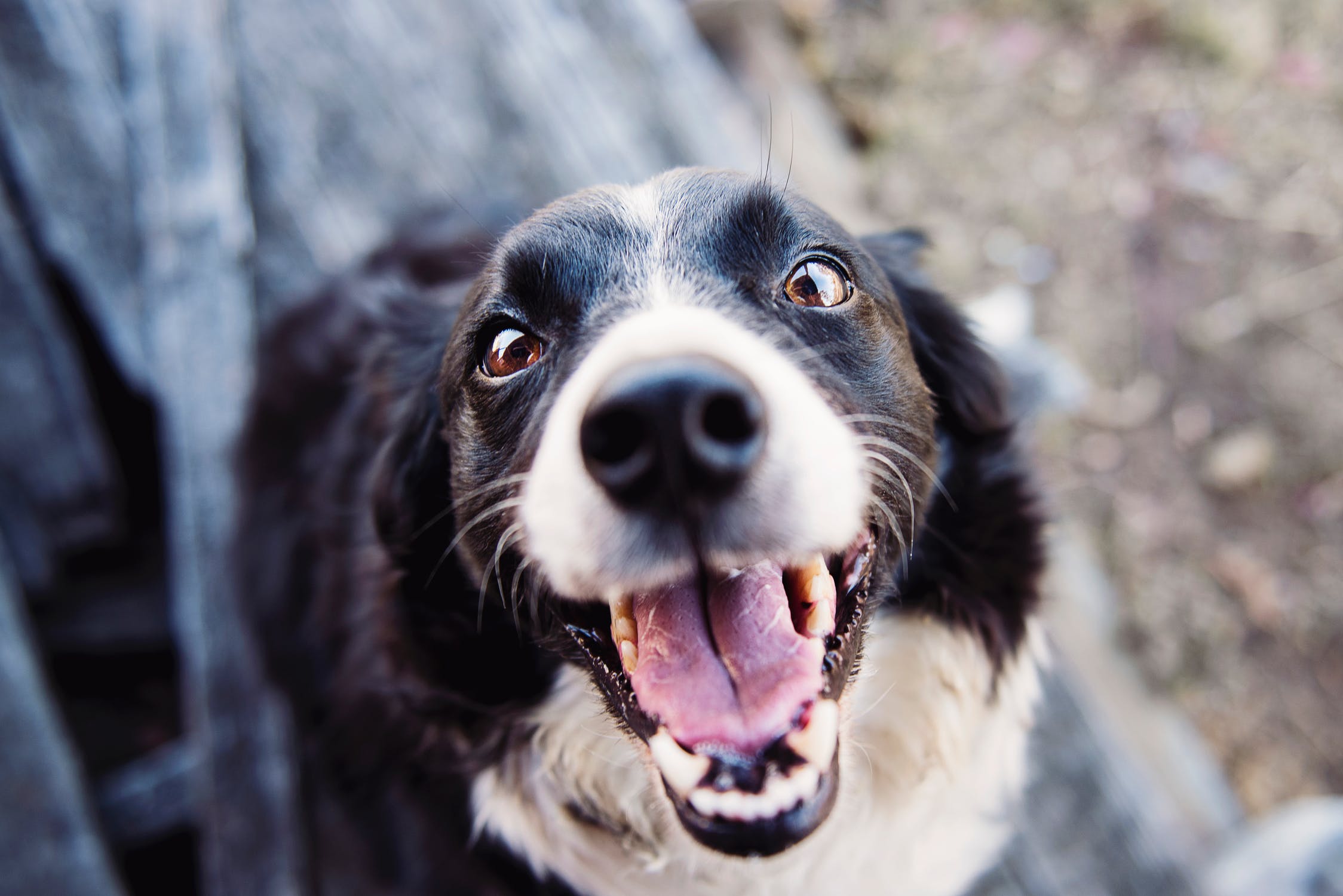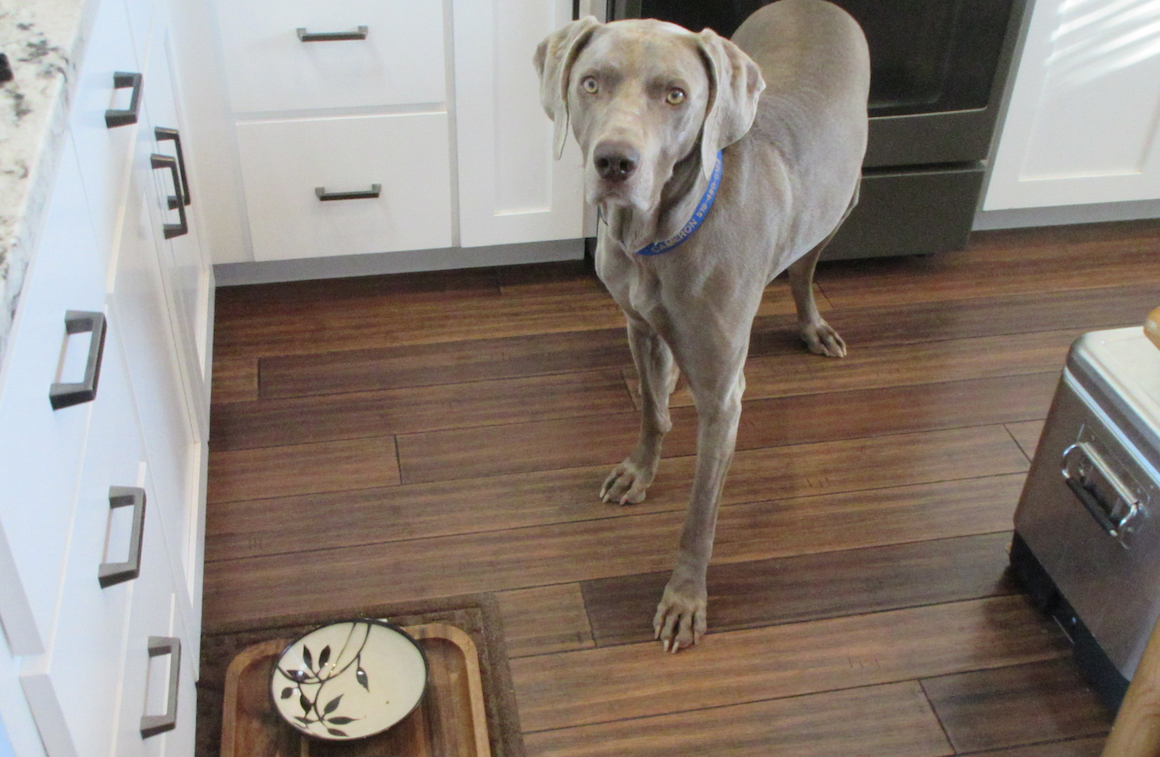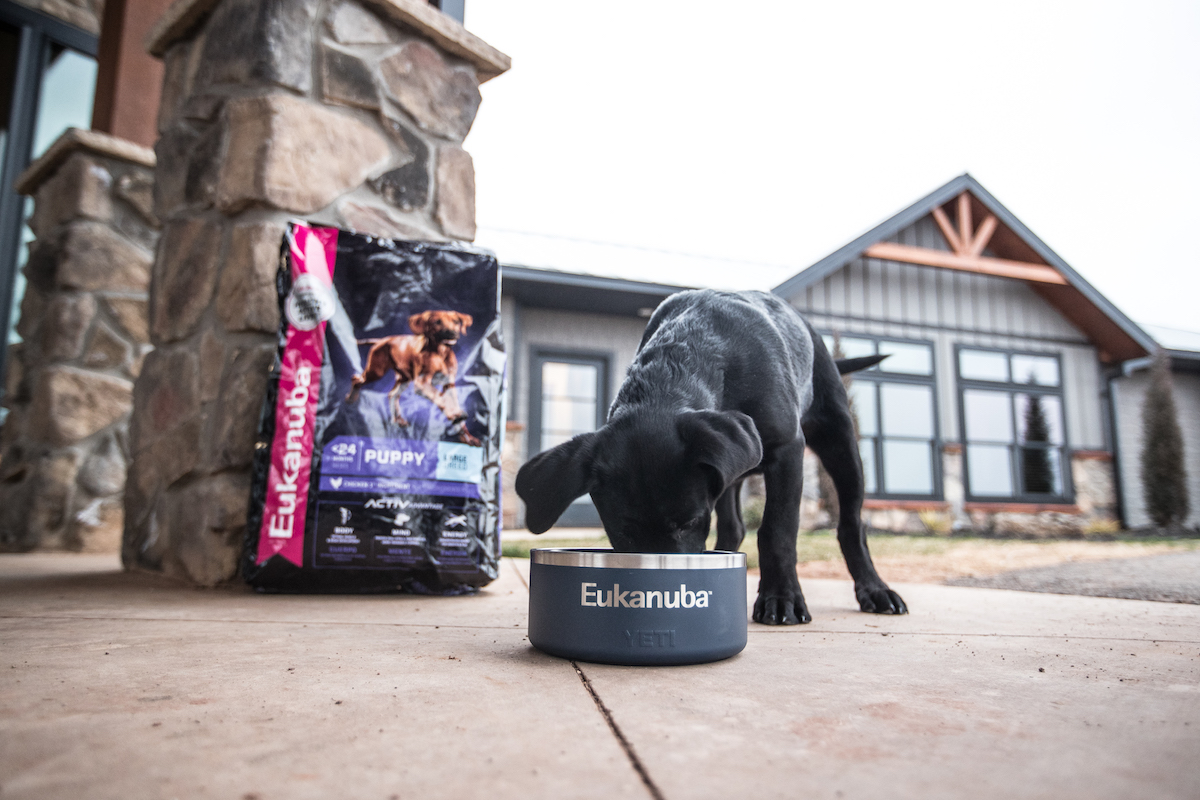Sporting dogs are driven to work. Incorporating antioxidants into your dog’s diet can support post-exercise recovery.
SPONSORED CONTENT Hunters and trainers might argue what breed of sporting dog is best for their preferred pursuit, but they can all agree on one thing—sporting dogs are driven to work. Whether it’s a setter, pointer, shorthair or Lab, sporting dogs are energetic, focused and motivated. Off season conditioning helps a dog maintain their hunting drive all year long. When well-conditioned, bird dogs can run for miles without missing a step and retrievers can run, jump and swim their way through dozens of retrieves.
Proper conditioning strengthens a sporting dog’s cardiovascular and muscular fitness and allows them to recover quickly after a day in the field. Yet, their recovery can slow after several days of demanding activity. Often overlooked, oxidative stress and the buildup of free radicals can be a contributing factor to your dog’s fatigue. Incorporating antioxidants into your dog’s diet can support post-exercise recovery.
What are Free Radicals?
“Free radicals are a byproduct of energy production within the body and a normal part of a dog’s life,” says Russ Kelley of the Eukanuba & Royal Canin Pet Health & Nutrition Center. “Under normal conditions a dog’s body can handle free radicals, but dogs that work hard for long hours can burn an amazing amount of oxygen and with that comes the production of what is called reactive oxidative species or ROS.” Kelley explains that as ROS or free radicals build in the body, they have detrimental effects on a dog’s health.
On a molecular level, free radicals contain oxygen and are missing an electron. This makes them highly reactive. They attack and take electrons from cell membranes, proteins and DNA. The molecule that loses an electron to a free radical often becomes a free radical itself.
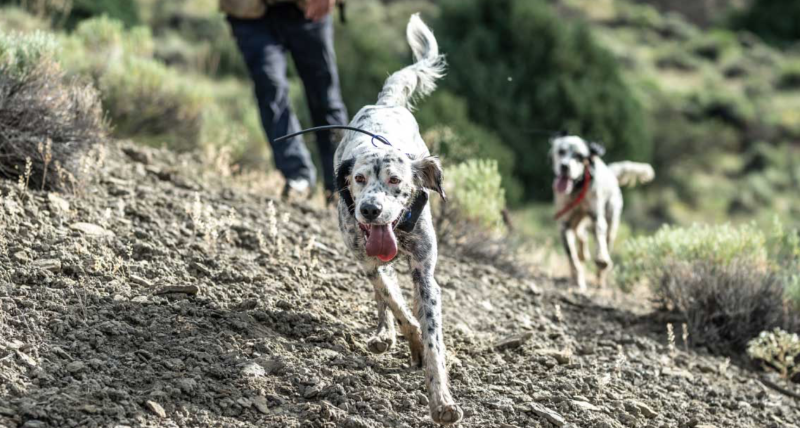
What are Antioxidants and How Can they Support Post-Exercise Recovery?
To put it simply, antioxidants help combat free radicals.
Antioxidants are nutrients within food that help protect the body from free radicals. They are a key nutrient in helping your dog recover from exercise and stay healthy throughout the season. Common antioxidants include Vitamin C and E as well as lutein, beta-carotene and taurine. The combination of these antioxidants can help reduce oxidative stress and the buildup of free radicals.
The body’s normal antioxidant defenses provide some protection against free radicals; but after a hard day in the field, free radicals caused by oxidative stress build to a point where a dog’s normal defenses are overwhelmed. This is where adding antioxidants to a dog’s diet becomes important in supporting post-exercise recovery.
“Antioxidants play a dual role,” says Kelley. “They help combat oxidative stress and are beneficial in helping counter the effects of free radicals in the body.”

A series of studies (1-5) found that dogs fed an antioxidant-enriched diet were able to learn complex tasks better than the control group. This study has led researchers to hypothesize that antioxidants may help reduce the effects of oxidative stress on brain function. Additionally, these studies found that including antioxidants in a dog’s diet helped reduce age-related behavioral changes associated with cognitive decline. Dogs consuming an antioxidant-enriched diet also displayed greater agility and were able to recognize their family members more easily than the control group.
To work at his peak, a dog must recover from daily work and training. Proper conditioning is important for post-exercise recovery, but nutrition also plays an important role. A nutritionally complete and balanced food may have optimal levels of antioxidants for dogs. Food that contains antioxidants, like Eukanuba’s Premium Performance line, supports post-exercise recovery and helps dogs perform at their peak throughout the year.
1 Milgram NW, Head E, Muggenburg B, et al. Landmark discrimination learning in the dog: effects of age, an antioxidant fortified food, and cognitive strategy. Neurosci Biobehav Rev 2002;26:679–695.
2 Cotman CW, Head E, Muggenburg BA, et al. Brain aging in the canine: a diet enriched in antioxidants reduces cognitive dysfunction. Neurobiol Aging 2002;23:809–818.
3 Ikeda-Douglas CJ, Zicker SC, Estrada J, et al. Prior experience, antioxidants, and mitochondrial cofactors improve cognitive function in aged beagles. Vet Ther 2004;5:5–16.
4 Milgram NW, Zicker SC, Head E, et al. Dietary enrichment counteracts age-associated cognitive dysfunction in canines. Neurobiol Aging 2002;23:737–745.
5 Dodd CE, Zicker SC, Jewell DE, et al. Can a fortified food affect the behavioral manifestations of age-related cognitive decline in dogs? Vet Med 2003;98:396–408.

